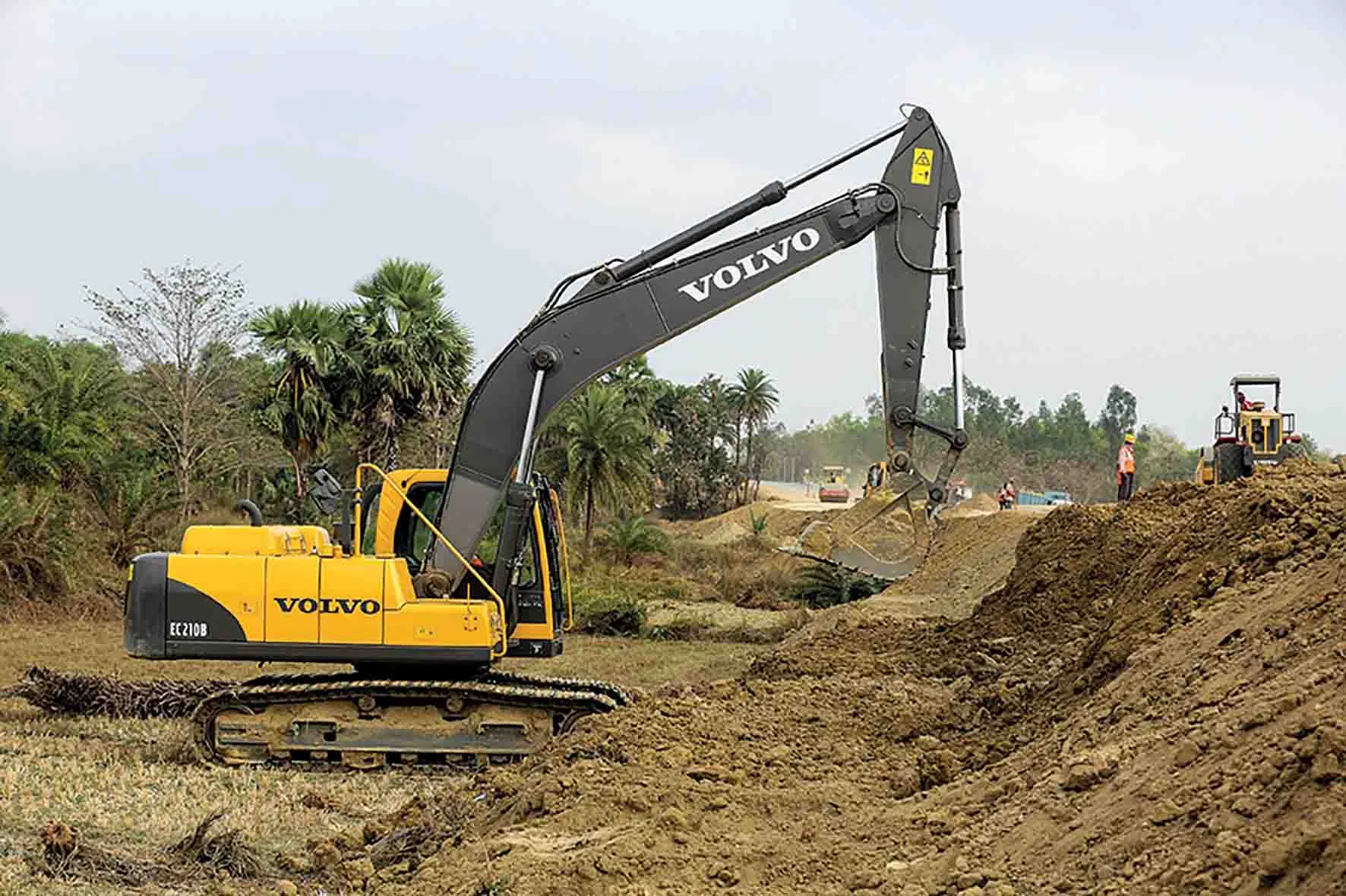Further delays to completion look a possibility for Colombia’s La Linea Tunnel project. A strike by truck drivers meant that supplies of construction materials were halted, adding to previous delays. The country’s National Road Institute (Invias) has stated that work on the tunnel does not look likely to be finished until the first quarter of 2017. The project will only be completed before that date if faster progress can be achieved with the electro-mechanical works currently in hand. Invias has previously
July 21, 2016
Read time: 2 mins
Further delays to completion look a possibility for Colombia’s La Linea Tunnel project. A strike by truck drivers meant that supplies of construction materials were halted, adding to previous delays. The country’s National Road Institute (2812 Invias) has stated that work on the tunnel does not look likely to be finished until the first quarter of 2017. The project will only be completed before that date if faster progress can be achieved with the electro-mechanical works currently in hand. Invias has previously stated that the tunnel will open to traffic in early 2017 once the necessary commissioning and inspection tasks have been completed. Construction work on the 8.65km tunnel commenced in 2008 and the tunnel was originally planned to be open in 2016.
The project has faced numerous delays and for numerous reasons since it was first planned. Previous delays have arisen due to the discovery of geological conditions more challenging than first expected and also to a lack of suitable insurance cover for some firms involved in the work. The project has also suffered funding issues while the altitude of the portals, at 2,420m and 2,505m, has also presented challenges. Once complete, it will be the longest road tunnel in Latin America and it will make a major reduction in journey times as well as boosting transport safety compared with the existing mountain pass.
The project has faced numerous delays and for numerous reasons since it was first planned. Previous delays have arisen due to the discovery of geological conditions more challenging than first expected and also to a lack of suitable insurance cover for some firms involved in the work. The project has also suffered funding issues while the altitude of the portals, at 2,420m and 2,505m, has also presented challenges. Once complete, it will be the longest road tunnel in Latin America and it will make a major reduction in journey times as well as boosting transport safety compared with the existing mountain pass.







